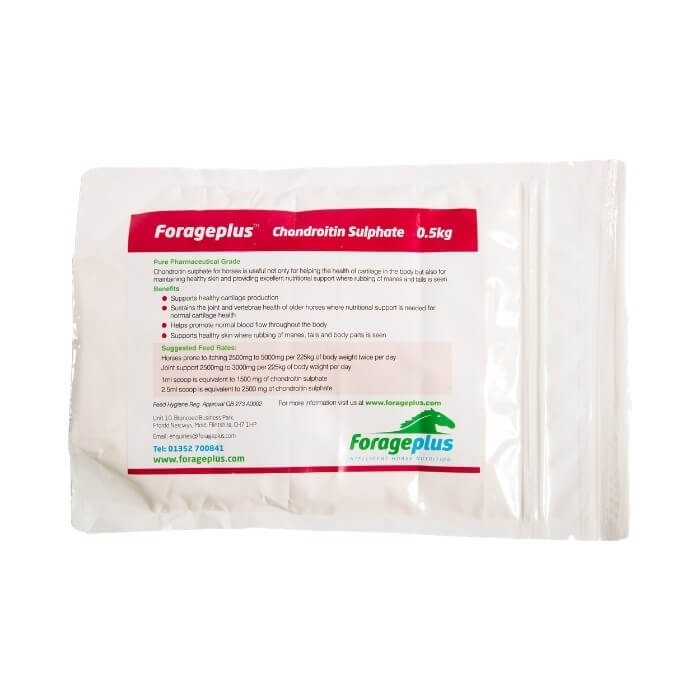When It comes to the best choice for the choosing an Equine Horse joint supplement , chosing a joint supplement, knowing your horse, researching and comparing supplement content and claims will serve horse owners well in making the best choice rendring them the best supplement. You must be wondering What RDoes Racehorse Drink And Eat?
Integral to the training regime of any horse is the maintenance of that horse’s health and fitness and ensuring the horse remains sound. Joint health is essential for equine athletes; strong, stable, joints are needed to maximise performance ability.
High level competition and the wear and tear associated with ageing can negatively affect a horse’s joint health. Occasionally, serious joint injury, such as a joint infection or severe osteochondrosis (OCD), results in rapid deterioration of joint health. Joint problems can manifest as stiffness, reduced performance, shortened stride, swelling and overt lameness.
Joints are strong, mobile areas of the skeleton, where two bones meet. The ends of each bone are covered with articular (joint) cartilage and the joint space is filled with synovial (joint) fluid. The cartilage acts as a cushion or shock absorber, while the synovial fluid acts as a lubricant. Cartilage is created by chondrocytes, and composed of water bound to glycosaminoglycans (GAGs) and strong collagen connective tissue. The joint is surrounded by a tough fibrous tissue capsule (joint capsule) which isolates and holds the joint structure together. While cartilage is very resilient and tough, if damaged it cannot repair quickly. This is why joints are particularly prone to degeneration, when the repair required is outpaced by the damage accruing in the joint. The process of joint degeneration leads to inflammation, which furthers degeneration and a cycle of deterioration ensues.
The difficulty for the horse owner is deciding what, if any, interventions are appropriate for their horse. Clinical or prolonged lameness in your horse should be investigated for underlying causes by a veterinary surgeon. Expensive and cutting edge techniques such as joint injections, biological anti-inflammatories and stem cell therapy can be offered by your veterinary surgeon after extensive investigations. However, horses often come to rely on anti-inflammatory treatments to disguise the pain of joint problems, enabling the horse to continue in work. These anti-inflammatories do not redress the joint degeneration . As joint health is so important to sport horses, and lameness is a major contributor to poor performance, it is not surprising that there are many experts, devoted to investigating, diagnosing, treating, improving and preventing joint injury.
Over the counter joint supplements are increasing in popularity, as an adjunct to veterinary therapeutics, as owner intervention, or as a preventative in young competing horses. Maintaining joint health through supplementation can improve performance and prolong the athletic life of the horse. The choice in this area of supplementation is vast, and owners do well to educate themselves on the various products offered and their composition.
Credit: Charlotte Colley Photography
Typically, joint supplements contain a number of ingredients such as: glucosamine, chondroitin sulphate, hyaluronic acid, MSM, Vitamin C or Omega 3. Further information on the function of these molecules is given below.
GLUCOSAMINE
Glucosamine is a precursor to the disaccharide unit bound to glycosaminoglycans (GAGs). These disaccharide molecules are part of the core structure of cartilage and their absence limits the rate at which cartilage can be made by the body. Glucosamine absorption from the intestine is believed to be good in horses.

CHONDROITIN SULPHATE
Chondroitin Sulphate is the primary glycosaminoglycan (GAG) found in joint cartilage. It is the central molecule giving structure go cartilage and contributing to cartilage’s cushioning function. Chondroitin sulphate, is derived from shark or bovine cartilage, and may be listed as “marine collagen” or “fish bone meal” in the composition section of a joint supplement.
HYALURONIC ACID
Hyaluronic acid (HA) or hyaluronate, is a large molecule composed of a string of glucosamine molecules bound together, which attract and bind water. Hyaluronic acid is present in joint cartilage and is particularly concentrated synovial (joint) fluid, where it functions to lubricate the joint.
MSM
MSM is a source of sulphur, used in disulphide bonds. Disulphide bonds cross link collagen strands, adding strength to cartilage. Sulphur is also required for the body’s production of chondroitin sulphate.
Vitamin C is essential to collagen and cartilage formation, it is also an antioxidant which functions to inactivate free radicals
OMEGA 3
Omega 3 is an essential fatty acids (EFAs), found in fish oil, linseed oil and Karron oil. The Omega 3 EFAs, are generally valued for their anti-inflammatory effects when taken in the diet. Human studies have shown an improvement in arthritis when Omega 3 supplements were taken.
When choosing a joint supplement, knowing your horse and doing your research will serve you very well. Take time to compare the ingredients of each product, the concentration included and the recommended daily allowance. Investigate the claims made in relation to the ingredients listed on the product. With careful management of training, competition, treatment and diet horses with impaired joints can continue to perform and compete successfully.
If you’ve got a query about supplements or equine nutrition, Equine Horse Supply Store Near Me – Bdneny Equine Therapy
Buy Bovine Ox Cattle Cow Gallstones
Darbe 500 Horse Edurance Support




No comments:
Post a Comment